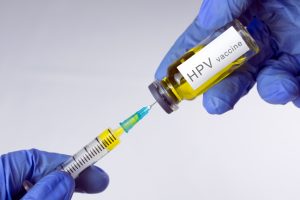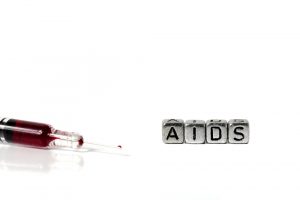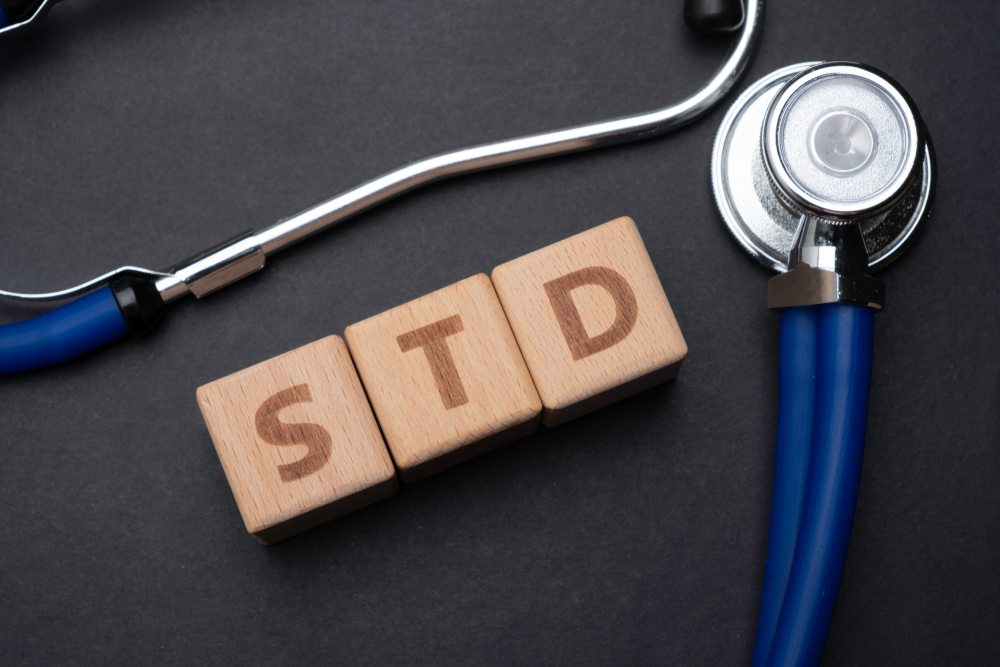STD stands for sexually transmitted diseases, with the name being pretty self-explanatory. We are talking about a variety of diseases, some more serious than others, which can even put your life in danger. These are all diseases that are transmitted through either vaginal, anal, or oral sex.
Various symptoms are expected to develop due to these diseases, and it is important for every man to keep these symptoms in mind. That is why, in the following article, we will briefly discuss the most common STDs and their symptoms in men.
The most common STDs and their symptoms in men
Chlamydia
Chlamydia is a bacterial infection of the genital tract that can be transmitted through vaginal, anal, and oral unprotected sex. Chlamydia usually goes unnoticed; there are very few to no symptoms showing. In fact, it has been estimated that around 25-50% of the male patients with Chlamydia experience no symptoms whatsoever. And the ones that do, usually struggle with:
- Swollen testicles
- Painful urination
- Penile discharge
The good news is that Chlamydia is easily treated with the use of antibiotics. However, repetitive infections are possible and quite common, which is why past patients are advised towards protected sex and regular testing for Chlamydia.
Human Papillomavirus (HPV)
HPV is one of the most common STDs known to men and women all around the world. The most obvious reason to get infected with this difficult virus is, of course, through unprotected sexual contact. Men who get infected with HPV usually do not develop any symptoms right away. Some of them might develop some symptoms months or years after the initial infection. The most characteristic symptom of HPV is genital warts which develop when oral or anal sex is listed as the main reason. Otherwise, oral warts are expected to develop.

When it comes to HPV, it is better to prevent it than to treat it. That is why there is a vaccine that anybody can get as a way to protect themselves against HPV. Of course, protected sex is another valid prevention method not only for HPV but for all STDs in general. HPV, if it does not show any symptoms, can resolve on its own without any treatment. However, if there are symptoms present, then you definitely need to visit your doctor.
Gonorrhea
Gonorrhea is another bacterial infection that can be transmitted through vaginal, anal, and oral sex, thus affecting the urethra, anus, and throat. Gonorrhea in men rarely causes any symptoms to develop. However, when they do, the following symptoms are expected to develop:
- Painful urination
- White, yellow, or green penile discharge that usually occurs one to fourteen days after the individual has been infected with the bacterium Neisseria gonorrhoeae
- Pain that is felt in the testicles
- Itching and soreness in the area of the anus
- Bloody discharge from the anus
- Skin rash
- Painful, swollen glands in the throat
Gonorrhea is also treated with the use of antibiotics. Once again, past patients are advised towards safe, protected sex and regular testing. They also need to be explained the increasing rise of antibiotic-resistant gonorrhea, which will make treatment more difficult in the future.
Genital herpes
Herpes is an infection due to the hepatitis simplex virus (HSV). There are two types of hepatitis, of which type 2 is always transmitted through unprotected sex and leads to the development of genital hepatitis. The symptoms of genital herpes in men include:
- Painful blisters in the genital area
- Burning and tingling sensations around the blisters
- Loss of appetite
- Muscle aches
- Fever
- Swollen lymph nodes
When it comes to herpes, there are some general methods that can be used to treat the momentary outbreak; however, future outbreaks are expected to happen. Unfortunately, there is no way to prevent any future outbreaks.
AIDS

AIDS is a life-threatening disease that is caused by an infection with the human immunodeficiency virus. HIV can be transmitted through a variety of ways, including unprotected sexual contact with a person infected with HIV or who is a carrier of HIV, contaminated needles, from mother to child during pregnancy, etc.
This virus attacks your immune system, causing mild to more severe infections to develop in your body. Other than that, upon getting infected, there are some general symptoms that can be experienced including a sore throat, headaches, skin rash, fatigue, and swollen lymph nodes. It can take up to 10 years for the infection and disease themselves to be diagnosed. Prevention is key when it comes to AIDS and HIV.
Syphilis
Bacteria are also to blame for the development of Syphilis. One interesting fact about Syphilis that makes its diagnosis and treatment more difficult is that it is referred to as “The Great Pretender.” That is because Syphilis often causes symptoms and signs that are very much alike to those of other diseases. There are four stages of Syphilis, with each one of them characterizing itself with different symptoms.
- Primary
- A formation of a sore placed where the bacteria has entered the body
- Swollen lymph nodes
- Secondary
- Swollen lymph nodes
- Skin rash
- Headaches
- Sore throat
- Muscle aches
- Hair loss
- Latent
- Characterizes itself with no symptoms whatsoever, which makes syphilis to act as a hidden disease that is easy to be transmitted since the individual that is carrying it commonly is not aware of its existence
- Tertiary
- Stroke
- Meningitis
- Heart issues
Syphilis is treated by using an antibiotic, especially when it comes to primary, secondary, and tertiary syphilis. However, commonly, syphilis is linked to the development of permanent damages in the human body, which, unfortunately, cannot be reversed.
Conclusion
In conclusion, prevention against common STDs is of vital importance. We would recommend getting informed, always practicing safe sex, and improving the quality of your lifestyle by exercising regularly, eating a clean diet, and even using a quality testosterone booster, such as Male UltraCore. All of these methods will help you stay safe and healthy at all times.







